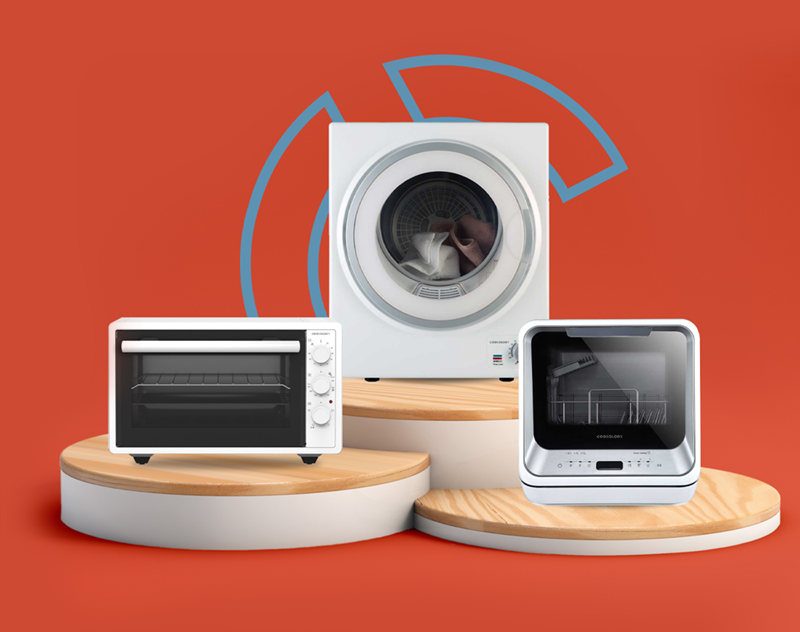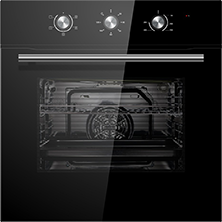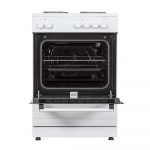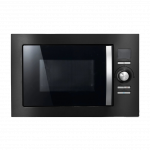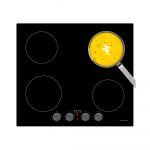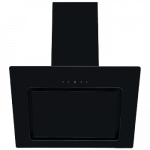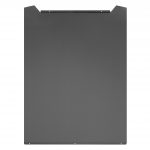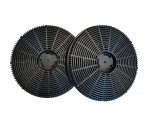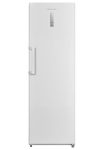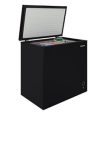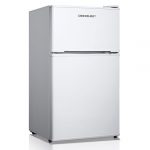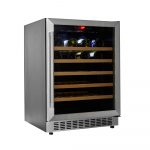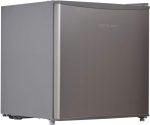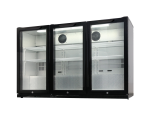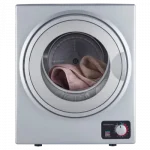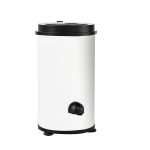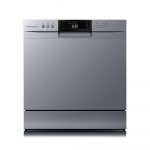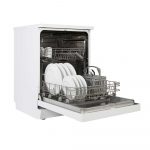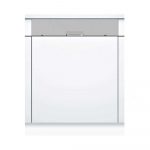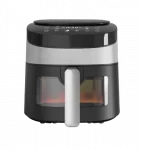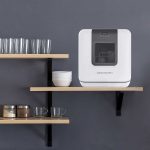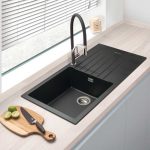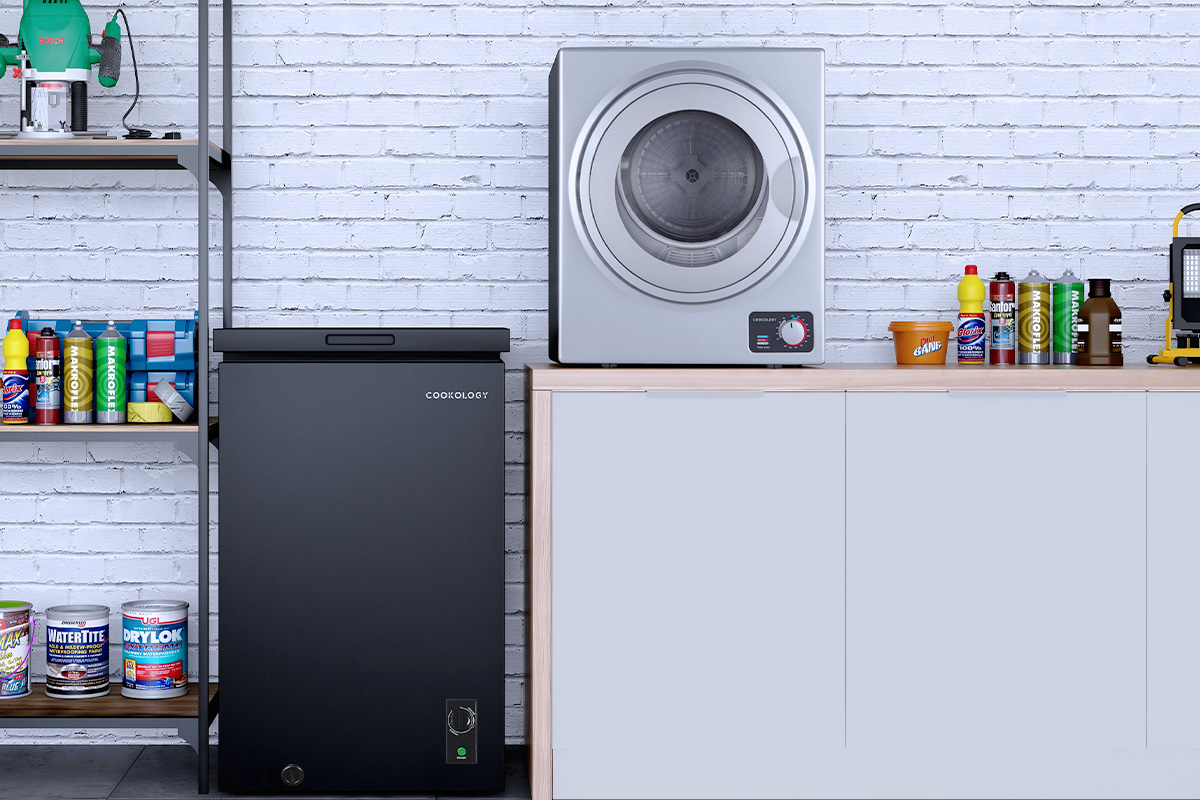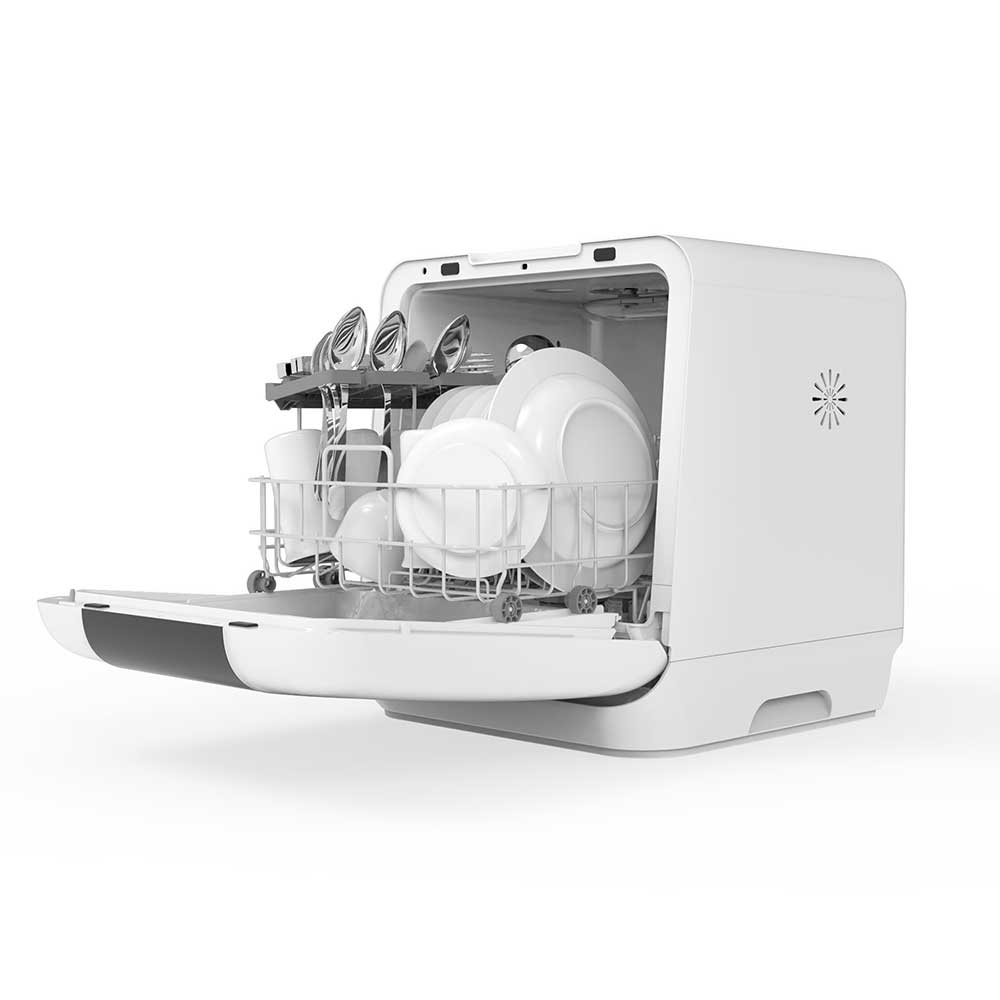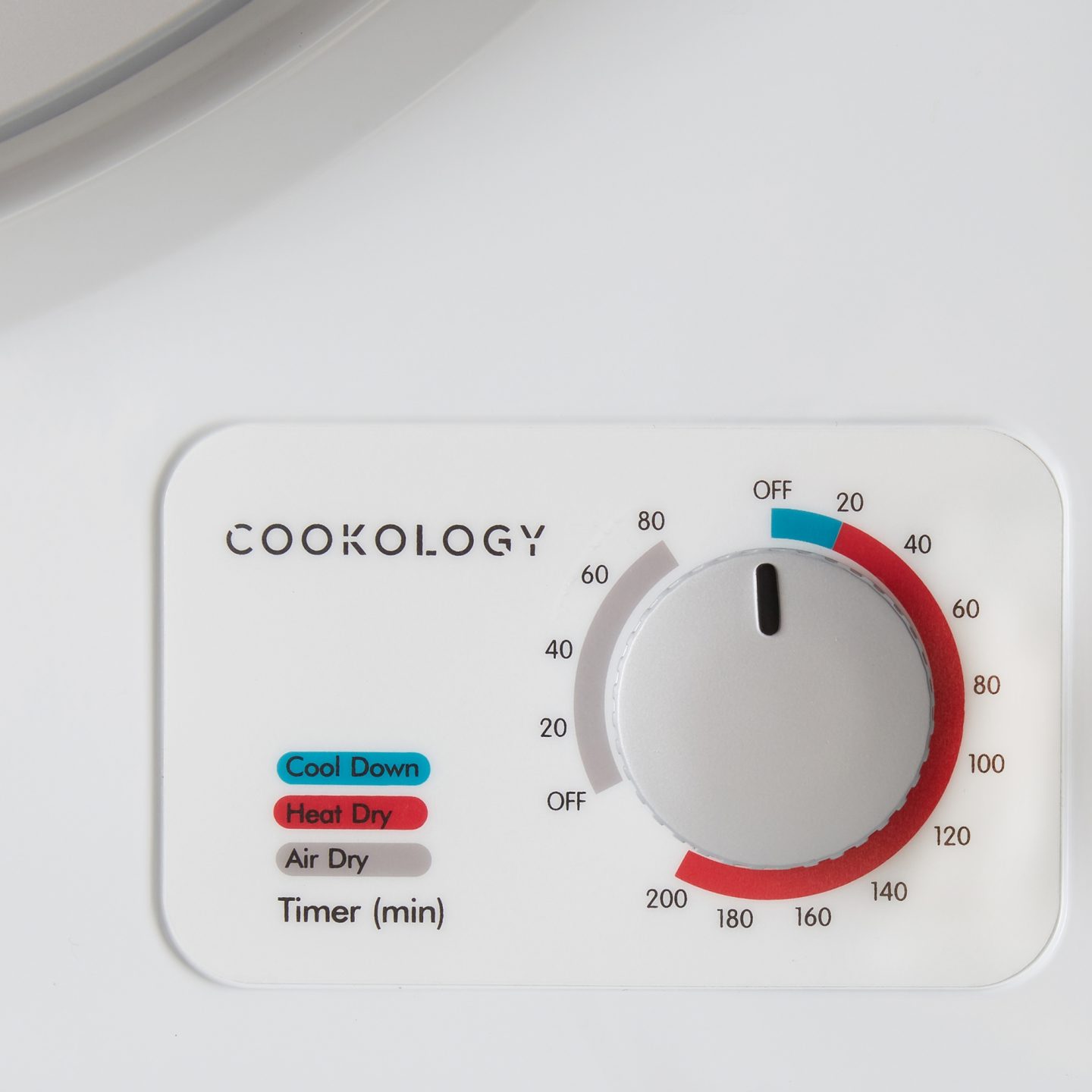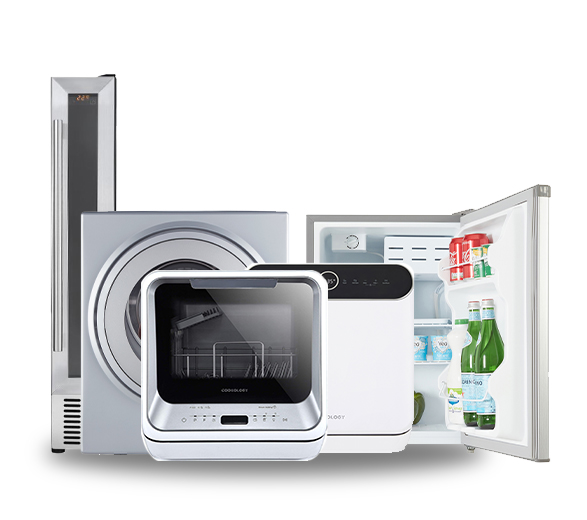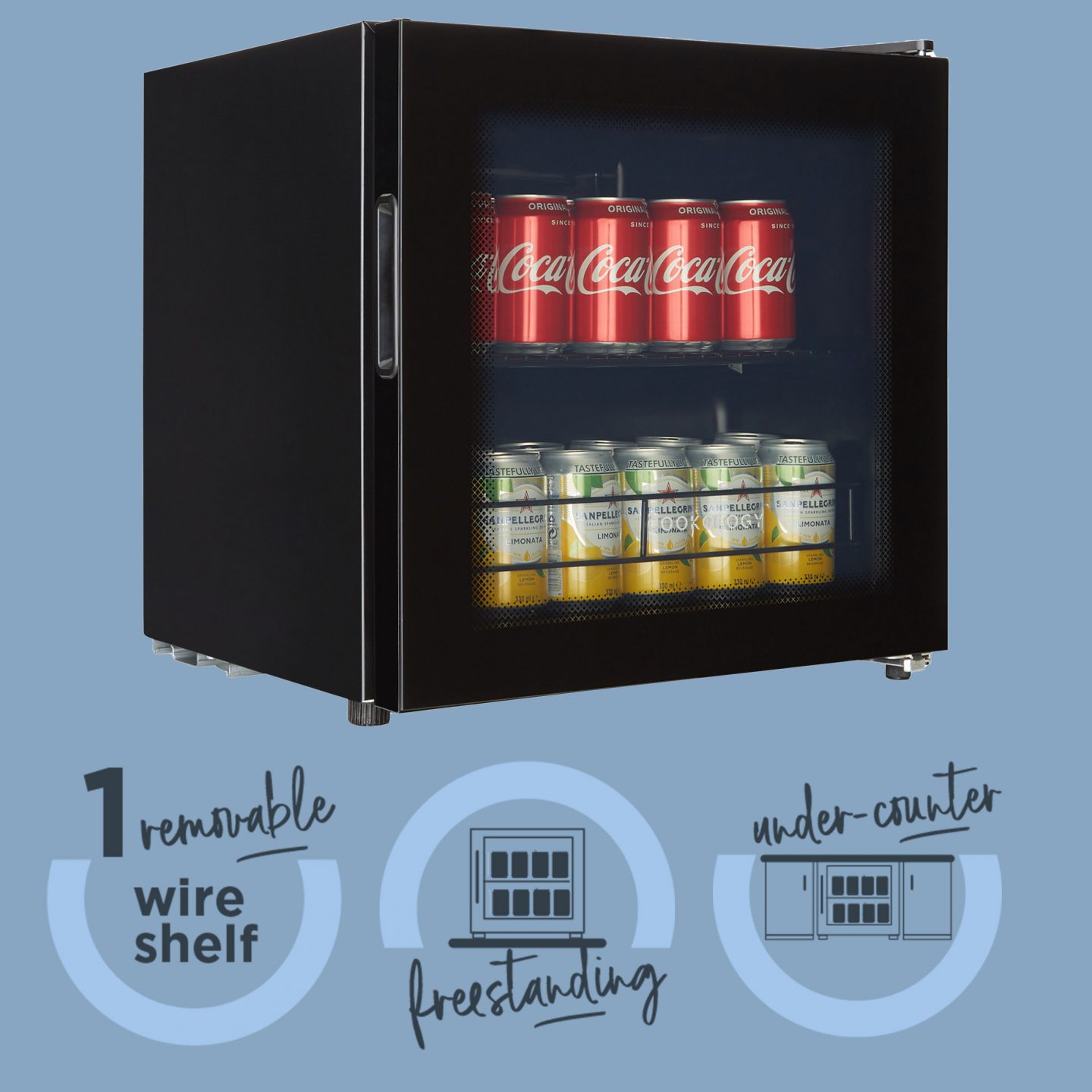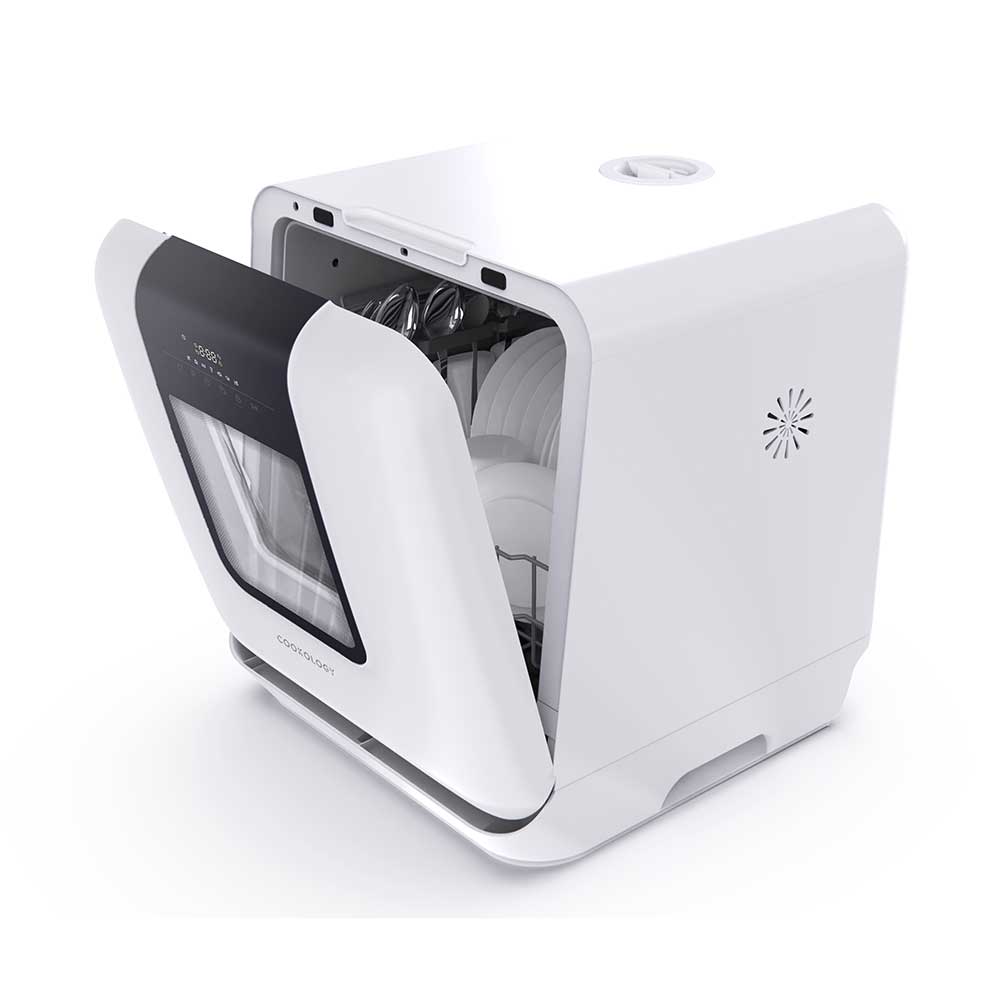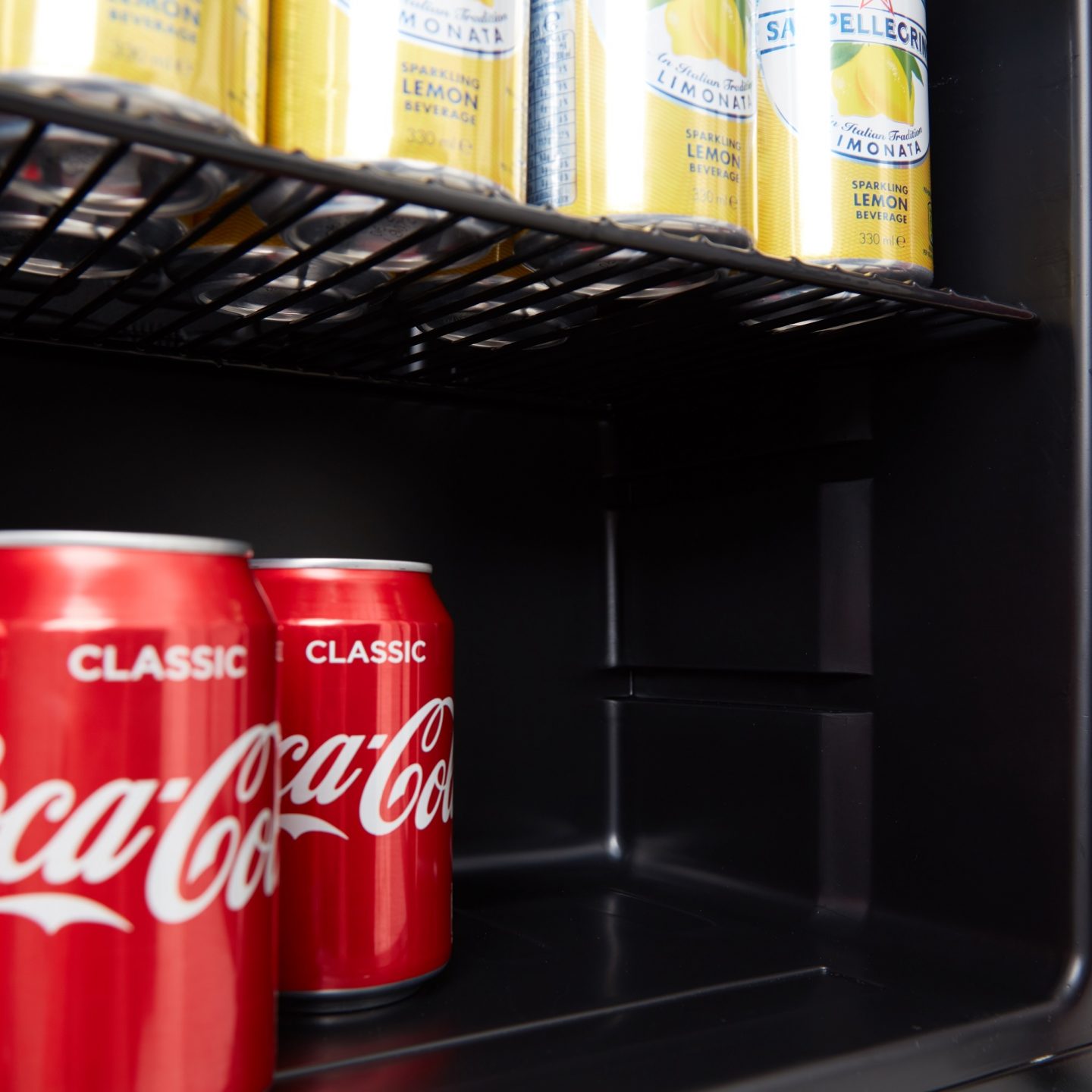Energy-efficient appliances are at the top of everyone’s shopping list in 2024. Thanks to the cost of living crisis, gas and electricity bills remain particularly high – and nobody wants to spend more on their energy bills than they have to. If you can choose an energy-saving appliance that’ll save you money in the long run, why wouldn’t you?
It’s not just the cost of energy that’s pushing consumers towards more efficient appliances, either. Heightened awareness of environmental issues means more of us are thinking carefully about the amount of energy we use and how we can reduce our impact on the world around us. Replacing an outdated, energy-hungry appliance with a cleaner, more efficient alternative is a great way to help out the planet (and your bank balance).
The question is, which appliances are the most efficient? Are you better off sticking with tried and tested built-in or freestanding appliances (like ovens and cookers) or should you opt for a countertop or table top appliance like a combi microwave or air fryer instead? In this blog, we’re going to uncover which types of appliances are the most efficient, before offering tips to help you choose the most efficient model for your needs and budget.
Countertop appliances: are they more efficient?
Let’s start with the big question: are compact countertop appliances more energy efficient than their built-in or freestanding counterparts? The vast majority of the time, yes.
The reason for this is simple. Smaller appliances generally use less energy than larger ones, so an air fryer or microwave will nearly always consume less energy than an oven.
However, there is a catch. Smaller appliances, naturally, won’t be able to accommodate as much food as their larger counterparts. Let’s say you’re cooking a meal for your friends and family, or are batch cooking your favourite dish. If you use an air fryer or a microwave, this process will take considerably longer, meaning you might end up using more energy overall. An oven will be able to cook multiple portions in one go, so although it might consume more energy than a countertop appliance when it is being used, it won’t need to be switched on for as long.
Is an air fryer cheaper to run than an oven?
So, do air fryers save money? Yes, provided you use them for what they’re designed for. As we explained above, air fryers won’t necessarily be more energy-efficient when you’re cooking multiple meals or portions in one go – but if you’re just cooking a simple meal for one or two people, an air fryer could definitely save you money.
The benefits of air fryers don’t end there – there are so many reasons why every kitchen should have one. If you’re on the fence about getting an air fryer and want to understand each of the benefits in more detail, check out our latest air fryer blog.
What should I look for when choosing energy efficient appliances?
Although microwaves and air fryers tend to be more efficient than ovens and cookers on the whole, some models are significantly more efficient than others. If you want to make sure you’re getting the most economical model you can, there’s only one thing you need to pay attention to: the energy label.
How do energy labels work?
Each and every kitchen appliance comes with an energy label, which tells you everything you need to know about its energy consumption. At the top of the label you’ll see a scale running from A to G (or A+++ to D, depending on the type of appliance you’re looking at).
Helpfully, this scale is colour-coded too, with A being green and G being red. This should give you a clue; A-rated appliances are the most energy-efficient out there, while G-rated models are the exact opposite.
So, if you want to get your hands on the most energy-efficient appliance out there, all you need to do is look out for that all-important A (or A+++) rating.
If you’re curious about the other information listed on an appliance’s energy label, take a look at our energy label guide. This goes into more detail on the subject, covering everything from an appliance’s noise output to its precise energy usage in kWh.
How to further reduce your energy consumption
So, you’ve done your research and tracked down an A-rated microwave or air fryer – the most energy-efficient cooking appliance you could find. What else can you do to further reduce your energy consumption in the kitchen?
There are a number of straightforward steps you can take to bring your energy bills down even further. Here are a few top tips to get you started…
- When you’re not using your appliances, switch them off at the plug where possible. This applies to all your household electricals, from televisions and games consoles to dishwashers: the majority of appliances and gadgets continue to use electricity when they’re on standby, so turning them off at the plug can have a noticeable impact on your bills.
- If you need to defrost ingredients or leftover meals, do this without using an appliance where possible. By forward planning and defrosting your food on the kitchen worktop or in the fridge, you’ll be reducing your energy consumption and your food won’t take as long to cook.
- Use the right appliance for the right task. If you’re cooking a quick meal just for yourself, break out the air fryer. If you’re cooking a roast dinner for your whole family, stick with the oven.
Check out our range of energy saving appliances today
Ready to start shopping for newer, more efficient appliances? We’ve got you covered. At Cookology, you’ll find an impressive range of great-value kitchen equipment, from hobs and ovens through to ingenious table top dishwashers and mini fridges. Discover our complete range and place your order online today.
